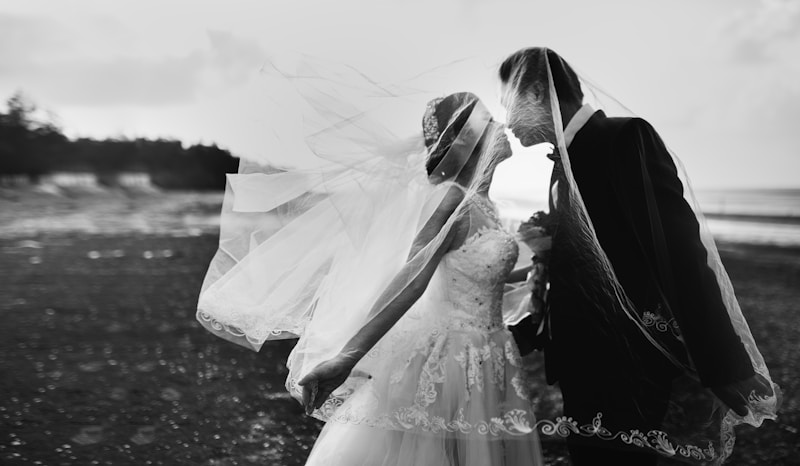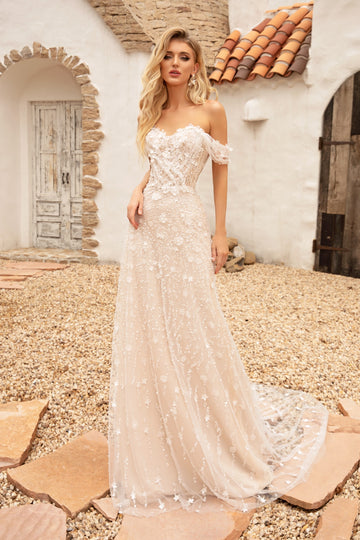How Fabric Weight Affects Custom Wedding Dress Comfort
How Fabric Weight Affects Custom Wedding Dress Comfort
The Importance of Fabric Weight in Custom Wedding Dresses
When planning a wedding, couples often focus on the venue, the guest list, and the stylish bouquet. However, one of the most significant decisions revolves around the bride's custom wedding dress. Among various factors, the weight of the fabric plays a critical role in determining the comfort level of the attire. In this article, we will explore how fabric weight influences comfort in custom wedding dresses, ensuring you'll be both stylish and at ease on your special day.
Understanding Fabric Weight
Fabric weight is a measure of how much a material weighs per unit area, typically expressed in grams per square meter (GSM). The weight of the fabric can range from light sheers to heavy satin, impacting the overall drape, feel, and comfort of your wedding dress. Here is a breakdown of common fabric weights:
| Fabric Type | Weight (GSM) | Characteristics |
| Lightweight | 60-100 GSM | Soft, sheer, breathable; ideal for hot weather. |
| Medium weight | 100-200 GSM | Versatile; offers structure without being too heavy. |
| Heavyweight | 200+ GSM | Luxurious feel; suitable for formal wear and cooler climates. |
Why Fabric Weight Matters
The weight of the fabric can deeply influence not just the wedding dress's overall aesthetic but also how comfortable the bride feels throughout her big day. Let’s dive into several key factors where fabric weight matters:
1. Climate Considerations
Understanding the weather conditions on your wedding day is crucial. For summer weddings, lightweight fabrics such as chiffon or organza are excellent choices. These materials allow for airflow, keeping the bride cool and comfortable. On the other hand, if you are planning a wedding in a cooler season, heavier fabrics like satin or velvet can provide warmth and elegance.
2. Dress Style and Fit
Every wedding dress style—from ball gowns to A-line to sheath dresses—interacts differently with fabric weight. Heavier fabrics tend to hold shape better, making them suitable for structured gowns, while lighter fabrics drape more fluidly, making them perfect for soft, flowing designs. Consider how the fabric's weight will affect the dress's silhouette and how it adjusts to your body shape.
3. Comfort and Movement
No bride wants to feel restricted on her wedding day. Heavier fabrics can sometimes be heavier and cumbersome, leading to discomfort or difficulty moving. Choosing the right weight fabric ensures you can walk, dance, and enjoy your day without a hitch. Lightweight options can provide a sense of freedom, while medium-weight fabrics might offer just enough structure to provide support without sacrificing comfort.
4. Layering and Details
Custom wedding dresses often involve multiple layers for added volume and detail. If layers are made from a heavy material, they can contribute to the overall weight of the gown, which could lead to discomfort. Conversely, utilizing lighter fabrics may allow for layering without weighing the dress down, facilitating ease of movement.

Choosing the Right Fabric for Your Dress
When selecting the perfect fabric weight for your custom wedding dress, consider the following tips:
1. Try Before You Buy
Always schedule fittings and sample fabric swatches. By feeling the weight and test-draping fabrics against your skin, you will get a better sense of comfort and suitability for your body type and wedding environment.
2. Consult with Your Designer
Your wedding dress designer will have extensive knowledge about different fabrics and can recommend options based on your dress style, climate, and comfort preferences. Their expertise can steer you toward fabric choices that enhance both appearance and comfort.
3. Keep Condition and Care in Mind
Some heavy fabrics may require dry cleaning, while lighter materials might be more forgiving and easy to clean. Consider how much upkeep you're ready to maintain post-wedding when selecting your fabric weight.
Fabric Weight Vs. Comfort in Custom Wedding Dresses
Understanding how fabric weight affects the comfort of a custom wedding dress is essential for any bride-to-be. Striking the right balance can lead to a beautiful gown that allows you to enjoy your wedding fully. Consider these essential points:
- Choose a weight appropriate for the season: Lightweight for summer, heavyweight for winter.
- Consider the type of wedding you are having: Formal weddings may call for more structured, heavier styles, while casual weddings can lean toward lighter fabrics.
- Don’t forget the fit: Make sure the fabric weight complements the fit of your dress for maximum comfort.
Conclusion
In summary, the weight of the fabric used in a custom wedding dress plays a pivotal role in determining comfort. It is essential to evaluate the dress’s style, climate, and fit when deciding on the appropriate material. By choosing wisely, you can ensure that you not only look stunning but feel fantastic for every moment you spend on your special day. Remember, a comfortable bride is a happy bride, and your wedding should be a day filled with joy and celebration.
So, whether you're dreaming of a floaty chiffon gown or a grand satin ball gown, consider how fabric weight will influence not only your appearance but your overall experience on your wedding day. Happy planning!
